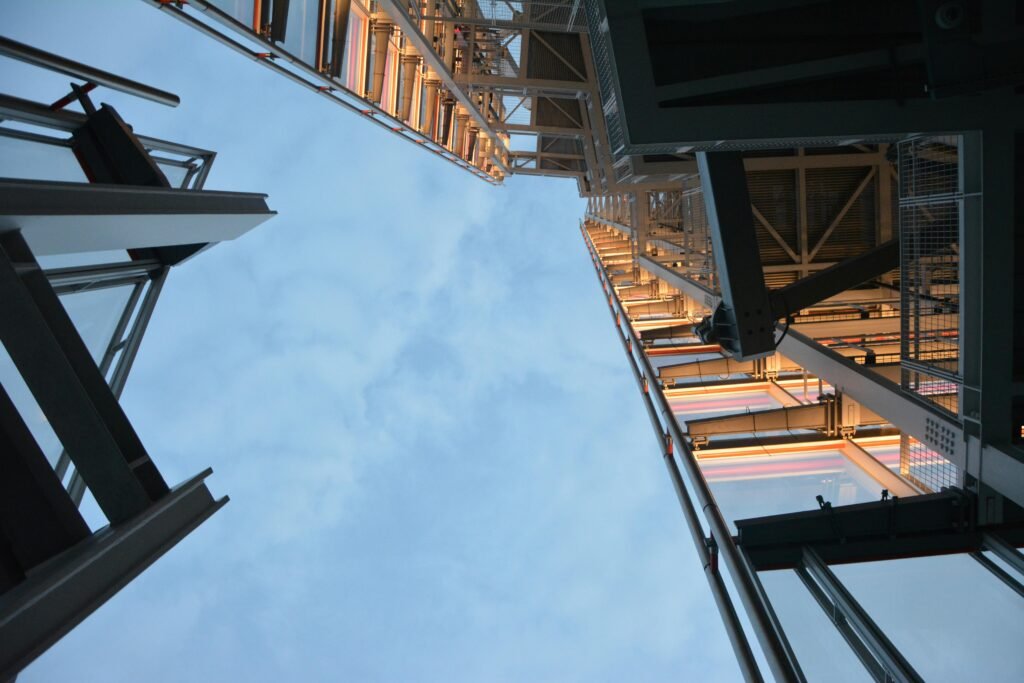Claiming 179D Deduction: An Essential Guide for Commercial Property Owners

As a commercial property owner or developer, maximizing tax savings while enhancing the sustainability of your buildings can significantly impact your bottom line. One powerful tool is the §179D Energy Efficient Commercial Building Tax Deduction. This deduction, enhanced considerably by the Inflation Reduction Act of 2022 (IRA), offers substantial financial incentives for energy-efficient improvements. Let’s explore how you can benefit from these updates and why the 179D deduction should be on your radar for your 2023 tax returns.
How IRA Upgrades Can Effect Tax Returns for Real Estate Property Owners & Developers

A prominent federal tax benefit, the §179D Energy Efficient Commercial Building Tax Deduction, was modified by the Inflation Reduction Act of 2022. It began as the “Build Back Better,” upgrading in the middle of 2022 to become the Inflation Reduction Act of 2022, also known as the IRA.